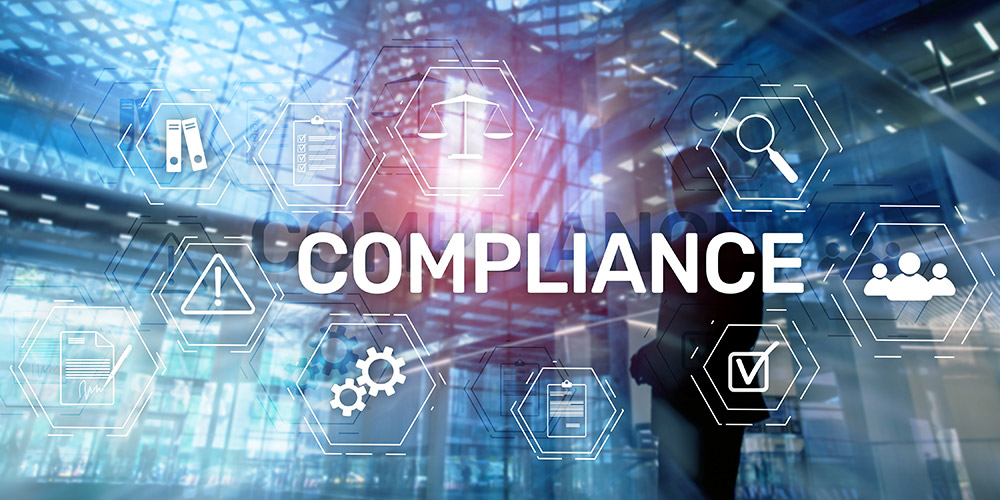With so many organizations generating data in the course of daily business, it’s more important than ever to protect it from loss or compromise. Data breaches are frequently in the news, and aside from the negative publicity, result in fines and loss of revenue for companies. Maintaining network compliance is critical for all businesses. Read on to learn how to protect your company from this costly scenario.
Network Compliance is Helpful to a Company’s Security
Security has to do with a company’s own technology assets, whereas compliance can be defined as a company adhering to policies and procedures. For most companies, network compliance may be scheduled backups, operating system patching and anti-virus updates. For companies with regulatory requirements of a third party, such as a government or industry compliance involves more than simply protecting an individual company’s assets, though doing this can be helpful in progressing toward compliance. Industries can have strict regulations; HIPAA, for example, protects the privacy of patients’ health care data. Another category, which serves as a standard, is Payment Card Industry Data Security Standard (PCI-DSS); it protects the payment card data of people shopping online. These industry regulations carry strict requirements for the protection of personal data, and company networks must comply or face penalties. With threats abounding, such as malware and viruses, or simply a hole in the network, a network’s protection is crucial.
Ways to Keep Your Network Secure and in Compliance
One way to get a baseline for evaluating the security and compliance of your network is to conduct a network audit, taking an inventory of the network itself along with all devices connected to it. Anti-virus and anti-malware definitions should be reviewed and possibly updated, as well as operating system patches. Along with these improvements, network monitoring can be added, to look for possible weak spots. Be sure to factor in the human element; sometimes employees can unwittingly be a network’s weak link. For instance, an employee can inadvertently click on a link in a phishing email, exposing a company’s data. Or they might access a company’s network from an unprotected device. Frequently instruct employees in common-sense best practices, and emphasize their role in keeping data safe.
If you need to develop a plan for meeting compliance standards, or are unsure of your organization’s current compliance level, contact your trusted technology advisor today for an assessment.

